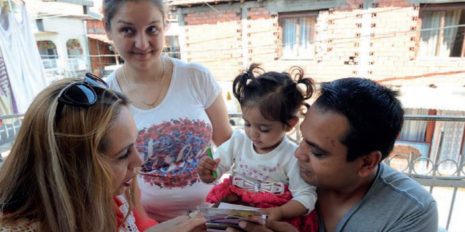Serbia (2025)
These 2025 “Country Profiles for Early Childhood Development” are developed by UNICEF in collaboration with Countdown to 2030 Women’s, Children’s and Adolescent’s Health. The profiles are an attempt to compile, in one place, the available data for country and cross-country monitoring and to provide a baseline against which progress can be monitored.Read More →





